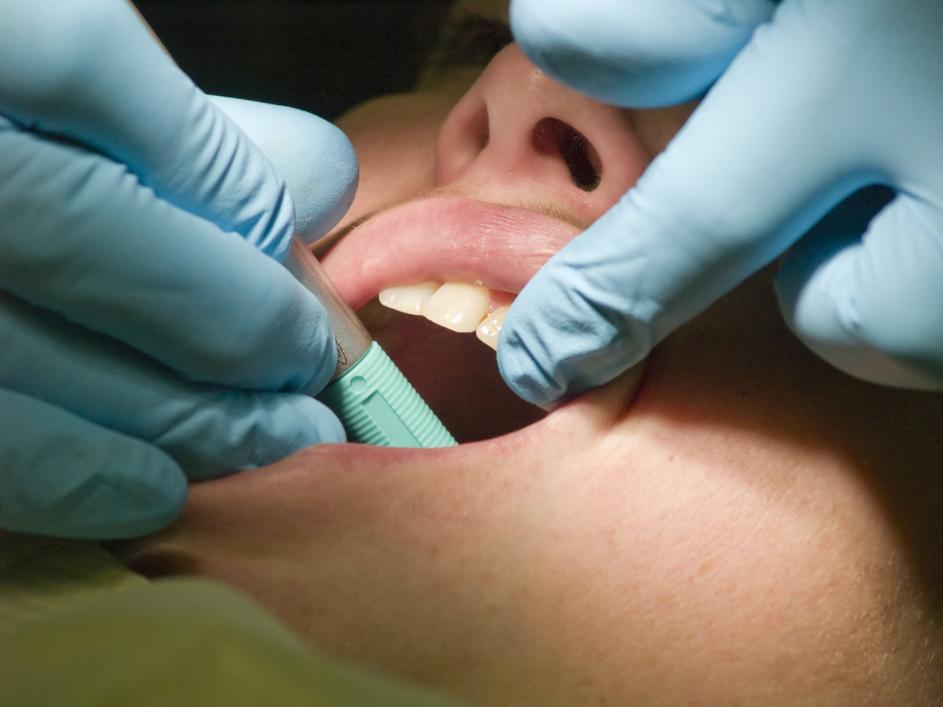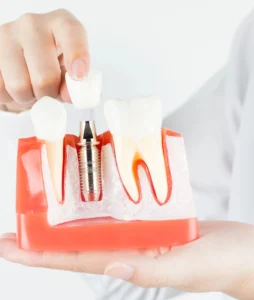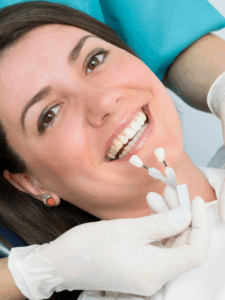Most people seem anxious about dental appointments, but if this fear is getting in the way of you visiting your dentist and is affecting your overall oral health, you might be experiencing dental anxiety, fear or phobia.
5–8 percent of people in the U.S. avoid visiting a dentist for treatment due to fear. Around 20% go to the dentist only after their oral health has exacerbated.
Causes of Dental Anxiety
Dental anxiety is mostly triggered by certain negative perceptions, experiences or events associated with a visit to the dentist.
Pain
Many people with low pain thresholds avoid going to the dentist. The fear of pain the dentist will cause makes them delay treatment for as long as possible.
Loss of Control
Many people feel trapped and helpless in the dentist’s chair. They feel as if they’re losing control when the dentist is hovering above them, probing their mouth with ‘pointy’ tools.
Past Experience
Many people who have had a bad experience start fearing dentists. The pain and complications that resulted from these past experiences hold them back from going to a dentist again.
Embarrassment
Some people feel embarrassed and ashamed when a dentist examines their teeth and gums. Their poor oral health makes them feel guilty and uncomfortable during a treatment.
How to Overcome Dental Anxiety
Recognizing your fear
The first step in dealing with your dental anxiety is recognizing its cause. Come to terms with your fears by writing them down.
By listing your fears, you’ll not only be able to find the root cause of your dental anxiety, but will be able to appropriately explain your fears to your dentist.
Discuss your Anxiety and Fear
Communicating your fears to the dentist is a great way to overcome dental anxiety.
Before setting an appointment, discuss the cause of your anxieties, fears and apprehensions with your dentist.
This way, the dentist will clearly know about your situation and will tailor the procedure accordingly. In most cases, dentists devise signals and cues if you get uncomfortable during the treatment and want to take a break.
Distract Yourself
Distracting yourself during the treatment can help alleviate your dental anxiety. To take your mind off the dental procedure, you can fiddle with a stress ball, count to yourself, or listen to music.
You can also watch a funny video before the appointment to help yourself relax.
Ask for Sedatives
If you still feel stressed and restless, ask your dentist if you can be given sedatives to keep you relaxed and calm during the treatment.
Many dentists use sedatives such as nitrous oxide, local anesthetic, and IV or oral sedation. Before the treatment, discuss with your dentists which sedatives are safe and advisable for you.
Choosing the right dentist plays a major role in overcoming your dental anxiety. Choose a dentist who is understanding and can alter the treatment to fit your needs.
Looking for a reliable dentist you can feel relaxed with? Our leading team of dentists in Woodland Hills, CA, perform all kinds of dental treatments in the most comfortable setting, walking you through the procedure.
Call us at (818) 346-4303 for same-day appointments and dental emergencies.




